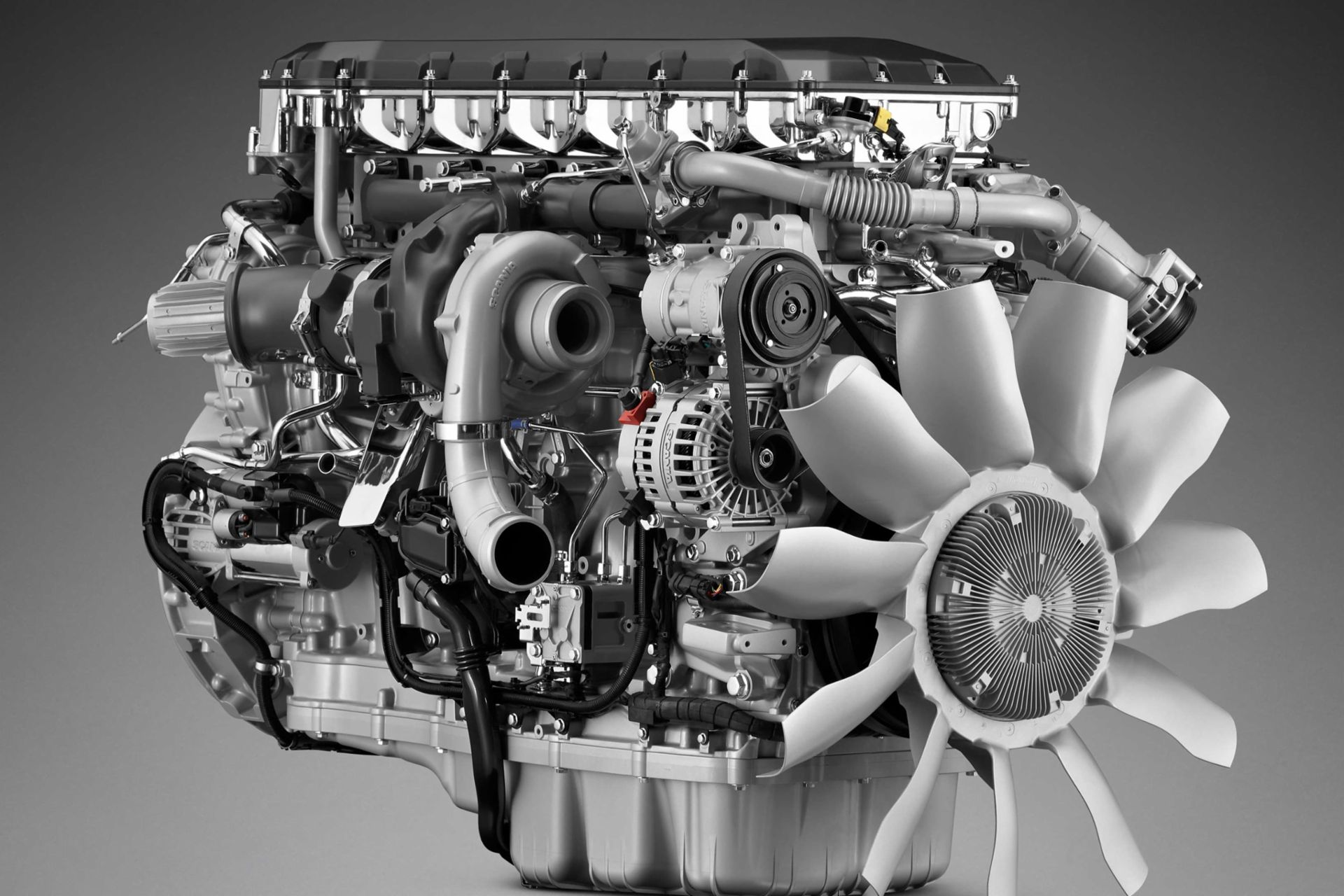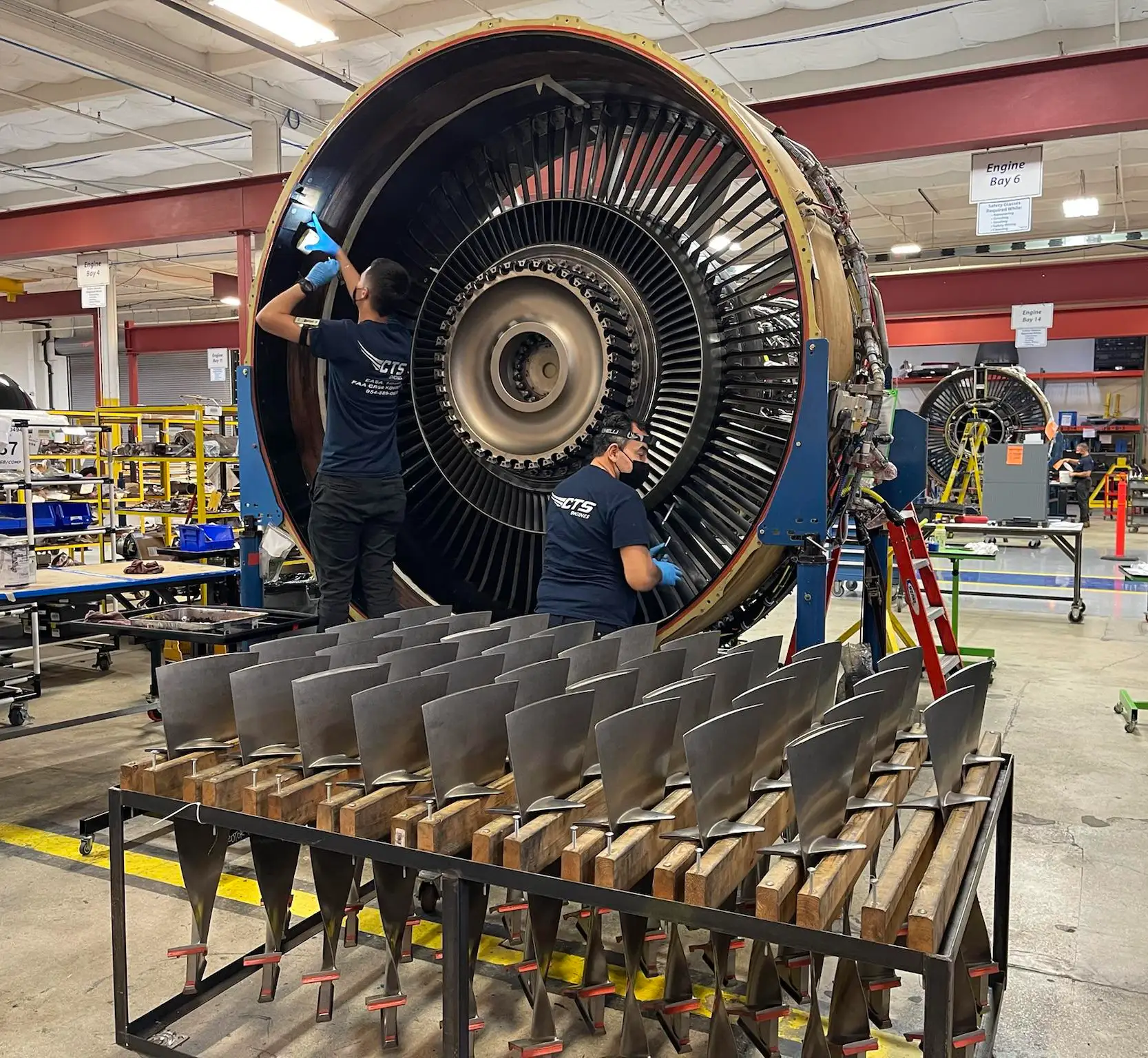Why Businesses Prefer Engines For Africa for Their Fleet
Why Businesses Prefer Engines For Africa for Their Fleet
Blog Article
A Full Overview to Picking the Right Engine for Your Project
Choosing the suitable engine for your job is a vital decision that can dramatically affect its general success. Each of these aspects plays a crucial function in making certain that your selected engine not just fulfills instant goals yet additionally lines up with lasting goals.
Define Your Project Needs
Specifying your project needs is a vital step in selecting the proper engine for effective application. An extensive understanding of your project's purposes will certainly guide you in determining the capabilities and features required from an engine. Begin by outlining the scope of your task, including the preferred functionality, target audience, and the specific end results you intend to accomplish.
Next, consider the technological requirements that straighten with your job objectives. This includes reviewing the compatibility of the engine with existing systems, as well as the programming languages and frameworks that will be used. Furthermore, analyze the level of scalability called for to accommodate future development or changes popular.
Budget restrictions additionally play an essential role in defining your project requires. Establish a clear economic structure to direct your decision-making procedure, ensuring that the engine chosen fits within your budget plan while giving the necessary performance.
Evaluate Performance Demands

Next, think about the scalability of the engine. Examine whether it can deal with boosted work as your project grows. Engines that support straight scaling are typically more effective for bigger applications. Additionally, examine the engine's performance under different problems, such as peak use scenarios, to ensure it meets your dependability criteria.
Take Into Consideration Convenience of Usage
While technical specifications are important, the ease of usage of an engine can dramatically influence the advancement process and overall task success. An user-friendly interface, clear documentation, and structured process can considerably decrease the learning contour for designers, enabling them to concentrate on imagination and problem-solving instead of coming to grips with facility tools.
When assessing an engine's convenience of use, take into consideration the onboarding experience. A well-structured intro, complete with tutorials and example projects, can promote a smoother shift for brand-new users. In addition, the clarity and comprehensiveness of the engine's documentation play an essential function; thorough guides and API referrals can equip designers to fix and apply attributes successfully.
An additional aspect to take into consideration is the engine's modification capacities. An engine that allows for simple adjustments can be more easy to use, as designers can tailor it to fit their specific requirements without comprehensive inconvenience. Examine the operations integration with systems and tools you currently make use of. A natural ecological community can improve productivity and decrease rubbing throughout the advancement process. Eventually, selecting an engine that focuses on convenience of use can lead to a more productive and satisfying advancement experience.
Assess Community and Support
The stamina of an engine's area and support network can significantly affect a designer's experience and success. A dynamic community typically suggests a wealth of common expertise, resources, and troubleshooting assistance that can boost your task's development procedure. When analyzing an engine, take into consideration the size and activity degree of its neighborhood. Larger areas commonly use much more forums, tutorials, and third-party plugins, making it possible for designers to find remedies a lot more efficiently.
Moreover, examine the availability of main support networks. Dependable documents, responsive consumer assistance, and regular updates are vital for dealing with technological problems and maintaining your project on course. Engines For Africa. Active areas also promote collaboration, supplying possibilities for networking and comments, which can be very useful, particularly for tiny teams or independent designers
In addition, investigate the existence of community-run occasions, such as hackathons or meetups. These gatherings can enhance your understanding of the engine while attaching you with possible partners and seasoned users. In summary, a robust neighborhood and support system not just simplify growth yet also create an atmosphere favorable to discovering and technology, inevitably enhancing the possibility of your job's success.
Compare Expense and Licensing Choices
Spending plan factors to consider play an essential role in selecting the best engine for your job, as the expense and licensing choices can substantially affect both temporary costs and long-lasting feasibility. Engines For Africa. Various engines offer differing rates frameworks, which can include single acquisition charges, membership models, or revenue-sharing contracts based upon your task's profits

Accrediting alternatives likewise vary substantially. Some engines are open-source, supplying adaptability and community-driven support, while others may require proprietary licenses that restrict usage and distribution. Understanding the effects of each licensing version is crucial, as it impacts ownership civil liberties, future scalability, and possible legal commitments.
Verdict
To conclude, selecting the appropriate engine for a task requires an extensive examination of defined task requirements, performance needs, simplicity of usage, area assistance, and price considerations. By systematically dealing with these vital find out elements, decision-makers can make sure positioning with both current and future task needs. A knowledgeable choice ultimately boosts the possibility of task success, allowing reliable resource appropriation and making the most of possible outcomes within the defined budgetary restrictions.
Picking the suitable engine for your task is a vital choice that can considerably influence its overall success.Specifying your task needs is a vital step in picking the suitable engine for effective application. A comprehensive understanding of your task's goals will assist you in recognizing the capabilities and functions called for from an engine.As soon as you have a clear understanding great site of your project needs, the next step is to review the efficiency needs of the engine.In conclusion, choosing the ideal engine for a task necessitates a complete assessment of defined job demands, efficiency needs, convenience of usage, community support, and cost considerations.
Report this page